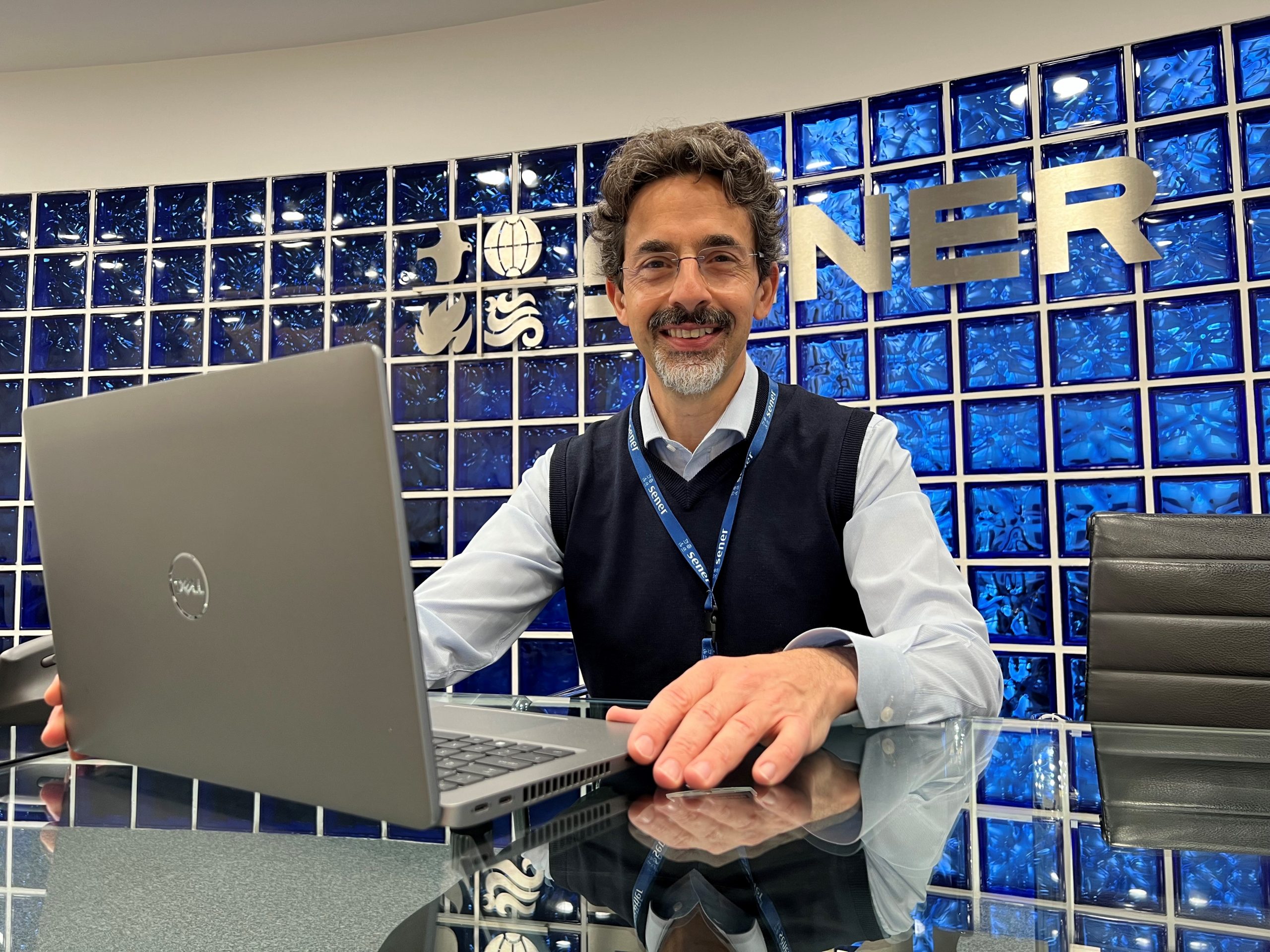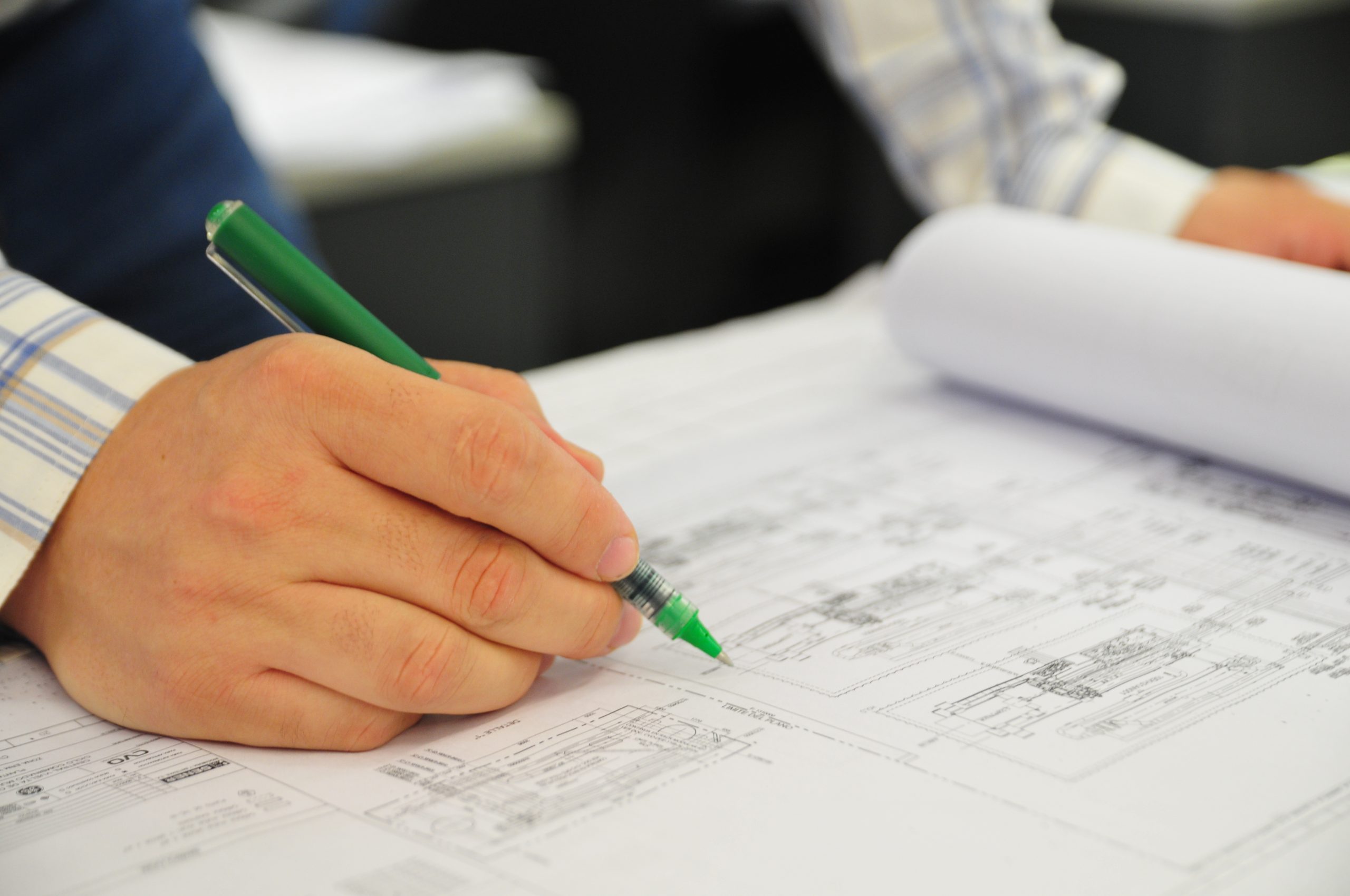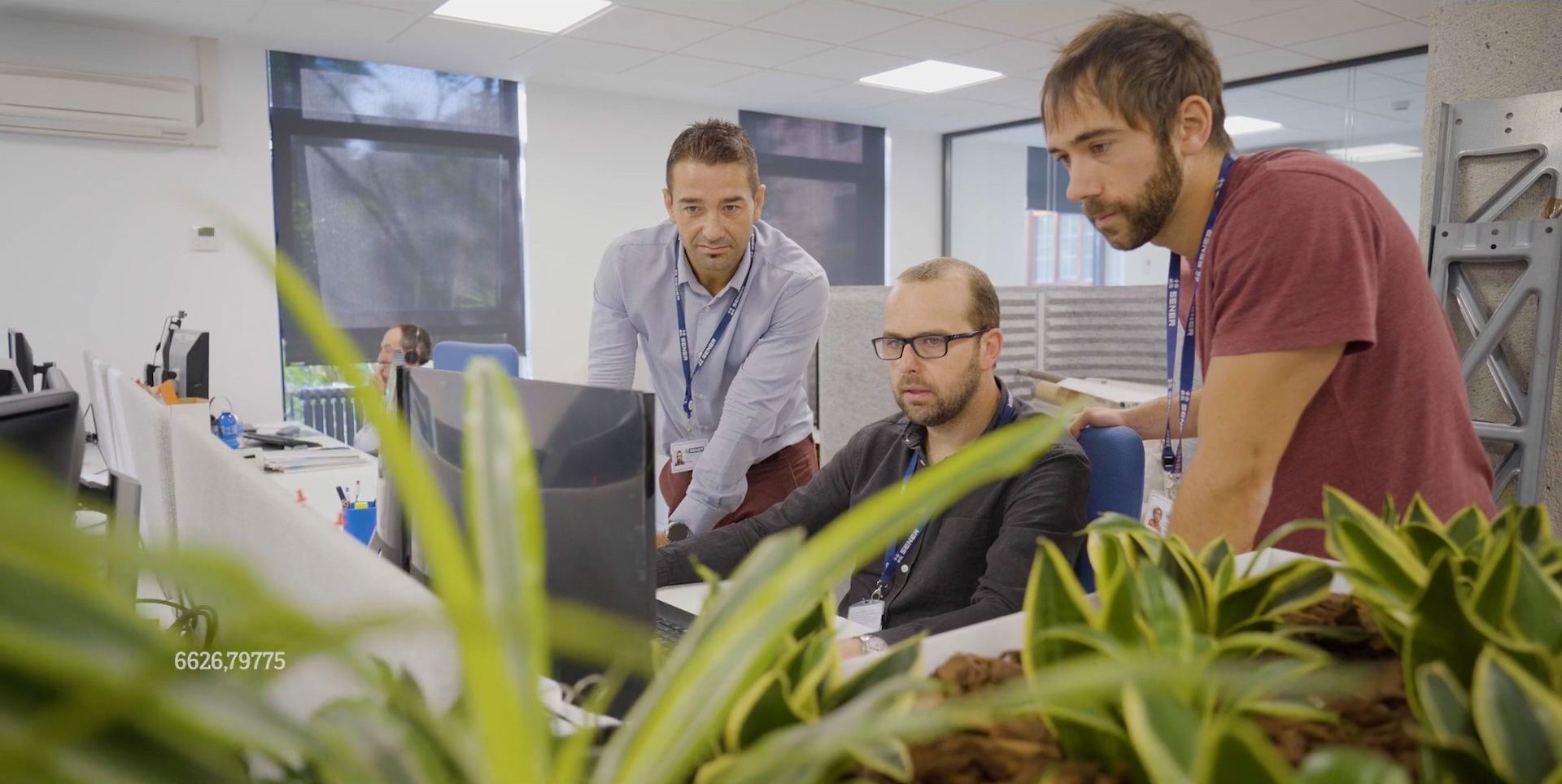
- Equality, diversity and inclusion
Categories:
Simone Longo, geotechnical engineer at Sener, talks about the professional enrichment that values such as equality, diversity and inclusion bring to work teams, on the occasion of European Diversity Month.
Let’s talk about diversity in companies (generation, gender, culture, sexual orientation, disability, cognitive). In your opinion, what are the advantages and challenges for companies when creating diverse and inclusive environments?
Accepting and living with diversity is the result of education and respect for others. Society rewards companies that choose to harness these values, both in terms of the breadth of the market they can access and the resources they can draw on. Among these resources, the most important are not economic but human. This creates a virtuous circle, where people who believe in the values of equality, respect and diversity are drawn to companies that uphold these principles. In turn, their involvement helps to reinforce and strengthen these values within the organisation.
People who believe in the values of equality, respect and diversity are drawn to companies that uphold these principles.
As for generational diversity, there are currently up to 4 generations in companies. In your opinion, what can we learn from these environments or from different age groups?
I would argue that the number of generations working together in a company reflects the health of the company. It means that diversity and inclusion are solid values that have been in place for some time. It shows that the older generations are still satisfied and allows the younger generations to learn a lot. It demonstrates to young people that constantly changing jobs is not the solution for long-term career growth. A company where several generations coexist benefits from the experience of the older colleagues and the dynamism and energy of the younger colleagues.
Regarding cultural diversity, in your case you have worked in and with different cultures. What are the challenges of multicultural teams? What have you learned and what advice would you give to people embarking on a professional project with an international scope?
I was born in Italy, where I earned a bachelor’s degree in Engineering. Later, I moved to Lisbon, where I continued my studies and started my career at Sener. After joining Sener, I lived in England for one year. I have been to several countries as a result of my involvement in international projects. From Brazil to the Philippines, as well as several countries in Africa and the Middle East.
A company where several generations coexist benefits from the experience of the older colleagues and the dynamism and energy of the younger colleagues.
I have seen very different realities, from societies with high levels of poverty, where you go back to core values, to high-tech environments with a high quality of life. All this enriched me professionally and personally. I sincerely recommend that everyone work on an international project: doing so requires us to adapt to challenges like unfamiliar work environments, regulations, procedures, language barriers, and cultural differences; meanwhile, we acquire technical skills that help us grow professionally and gain life experiences that reveal a much broader horizon. A tip I give to those who want to undertake the experience of an international project? Don’t underestimate yourself, show respect and interest and don’t be afraid of differences.
This year’s theme is “Building the future of work through inclusion and diversity”. What do you think we can do on an individual level to create more inclusive work environments?
I don’t think it’s too difficult to create a more inclusive and diverse environment. No major effort is required; we just need to adopt a positive and respectful attitude towards others. Ignore preconceived ideas and avoid generalising. Each person we meet has their own attributes; we must understand them to truly know them, rather than classify or label them based on origin, culture or habits. With this attitude, the benefits will be both for us and for the people who collaborate with us.








